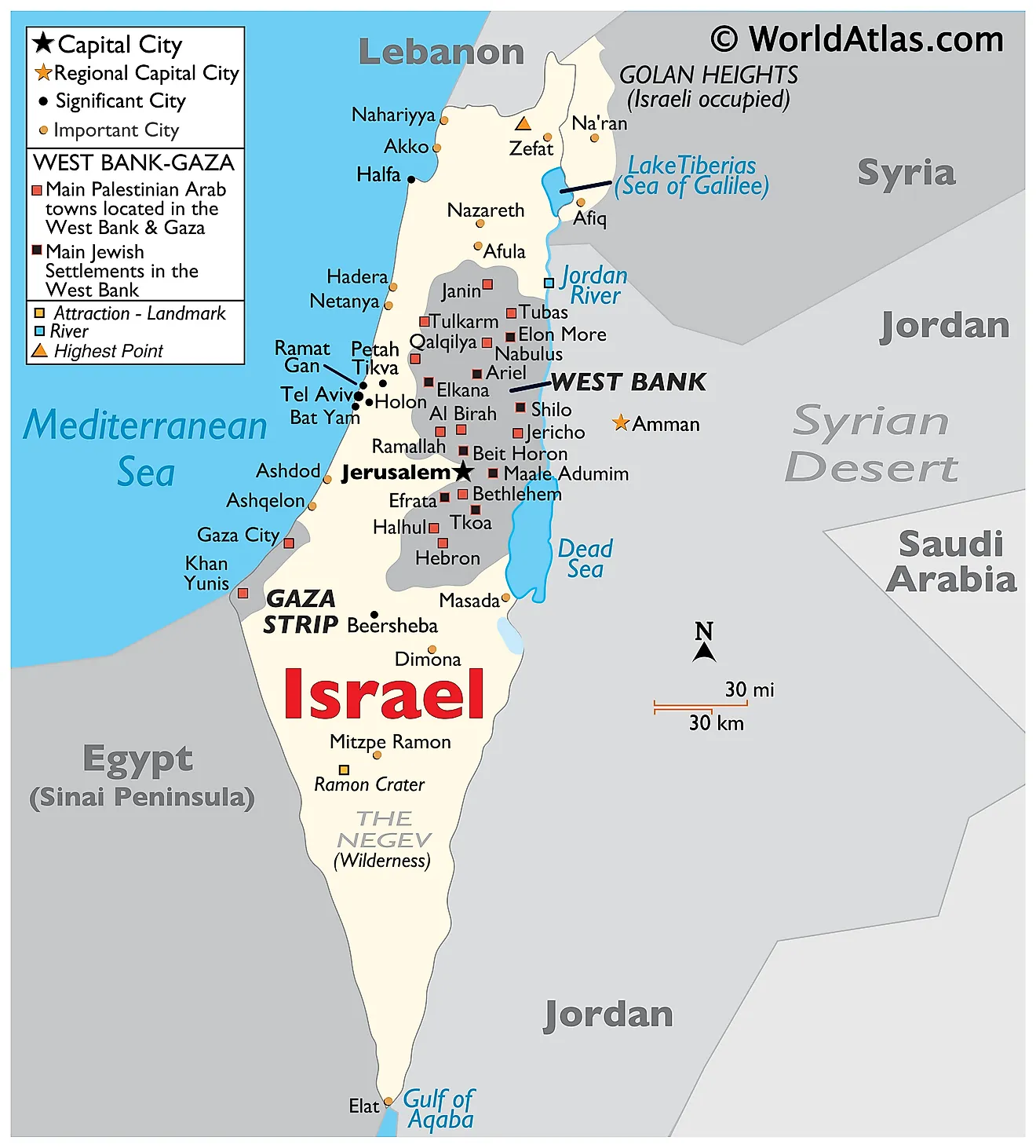What Happened
On June 13, 2025, Israel conducted a series of unprecedented airstrikes targeting Iran’s nuclear facilities and military leadership. The strikes, dubbed “Operation Rising Lion,” involved approximately 200 Israeli fighter jets and aimed at key sites, including the Natanz nuclear enrichment facility, where significant damage was reported. Among those killed in the strikes were high-ranking Iranian military officials, including Major General Mohammad Bagheri, the chief of staff of Iran’s armed forces, and General Hossein Salami, the commander-in-chief of the Islamic Revolutionary Guard Corps (IRGC). In retaliation, Iran launched over 100 drones towards Israeli territory, indicating a significant escalation in hostilities between the two nations.
The U.S. government, while asserting that it did not participate in the strikes, had previously warned Israel against military action during ongoing negotiations concerning Iran’s nuclear program. The timing of the Israeli strikes coincided with heightened tensions following the International Atomic Energy Agency’s (IAEA) declaration that Iran was in breach of its nuclear non-proliferation obligations. This situation has raised concerns about the potential for a broader regional conflict, as Iran’s leadership vowed to respond forcefully to the attacks.
Key Details
- Israeli Strikes: Israel launched airstrikes targeting over 100 sites across Iran, including military and nuclear facilities. The operation involved 200 fighter jets and dropped more than 330 munitions.
- Casualties: Key Iranian military leaders killed in the strikes included:
- Major General Mohammad Bagheri
- General Hossein Salami
- General Gholamali Rashid
- Nuclear scientists Fereydoun Abbasi and Mohammad Mehdi Tehranchi
- Iranian Response: Iran retaliated by launching over 100 drones towards Israel, with reports of interceptions by Israeli air defenses. Iranian leadership has promised severe retaliation and emphasized that the “end of this story will be written by Iran’s hand.”
- U.S. Position: Secretary of State Marco Rubio stated there was no U.S. involvement in the strikes, despite previous intelligence suggesting Israel was preparing for military action.
- International Reactions: Various nations, including Germany and China, condemned the strikes, emphasizing the need for restraint and warning against further escalation.
Multiple Perspectives
The Israeli government, led by Prime Minister Benjamin Netanyahu, views Iran’s nuclear program as an existential threat, arguing that military action is necessary to prevent Iran from developing nuclear weapons. Netanyahu has long advocated for a robust military response to Iran’s nuclear ambitions, especially given the perceived failure of diplomatic negotiations.
Conversely, Iranian officials have characterized the Israeli strikes as acts of terrorism and aggression, asserting that they violate international law. Iran’s Supreme Leader, Ayatollah Ali Khamenei, has vowed to respond decisively, framing the conflict as a struggle for national sovereignty and security. The Iranian government has also highlighted the civilian casualties resulting from the strikes, which they claim further justifies their right to pursue nuclear technology.
Internationally, reactions have varied. While some nations have condemned Israel’s actions, others, particularly those aligned with Israel, have expressed support for its right to defend itself. The U.S. has maintained a cautious stance, emphasizing the importance of diplomatic negotiations while distancing itself from the military actions taken by Israel.
Context & Background
The recent escalation in hostilities is rooted in longstanding tensions between Israel and Iran, particularly concerning Iran’s nuclear program. Israel has consistently viewed Iran’s nuclear ambitions as a direct threat to its existence, especially given Iran’s support for militant groups hostile to Israel, such as Hezbollah and Hamas.
The backdrop of these events includes the U.S. withdrawal from the Joint Comprehensive Plan of Action (JCPOA) in 2018, which had aimed to limit Iran’s nuclear capabilities in exchange for sanctions relief. Since then, Iran has progressively increased its uranium enrichment activities, leading to heightened concerns among Western nations regarding its potential to develop nuclear weapons.
The IAEA’s recent findings that Iran was not complying with its nuclear obligations have further complicated the situation, leading to increased military posturing from both Israel and Iran. The ongoing negotiations between the U.S. and Iran, aimed at reviving the nuclear deal, have been fraught with tension, and the Israeli strikes may significantly impact these diplomatic efforts.
What We Don’t Know Yet
As the situation continues to evolve, several uncertainties remain. The full extent of the damage to Iran’s nuclear facilities and military capabilities is still being assessed, and it is unclear how Iran will respond in the coming days and weeks.
Additionally, the implications of the strikes for U.S.-Iran negotiations are uncertain. The potential for a broader regional conflict involving U.S. interests in the Middle East raises questions about the future of American military presence in the region and the stability of neighboring countries.
The international community is closely monitoring the situation, and further developments could significantly alter the dynamics of Middle Eastern geopolitics. The effectiveness of Iran’s retaliatory measures and the potential for escalation into a wider conflict remain critical points of concern.


